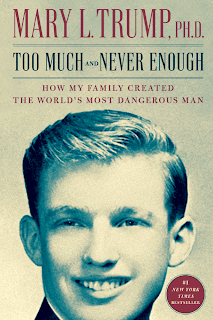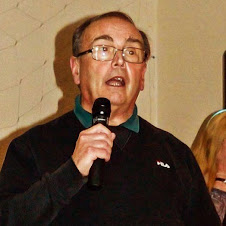I suppose a lot of people will find the issue of royalty payments of little interest, if any, compared to the major problems caused by the Covid-19 virus and Brexit. "Right now", they may say, "what does it matter about who gets what when we are enduring lockdown and facing food shortages?". I feel sorry for anyone who takes that view, as they are clearly ignorant about the importance of music in our lives. I haven't taken an opinion poll, but my guess is that music has mattered hugely to people everywhere during the lockdown, making the restrictions on our lives more bearable.
So - what's the problem with paying royalties on streaming songs, as opposed to other forms of payment? The answer is that composers, lyricists and songwriters (who combine both roles) get paid much, much less than they do from radio play, mechanical recordings (i.e. pressed copies on CD) and live performance payments. I can vouch for this myself, as I write lyrics and have participated, with the help of various friendly artists, in the production of a number of CDS. We sell the CDs for charity, but have received a good deal of radio play over the years. A single play on radio earns a royalty payment of several pounds. Payment for streamed songs, however, is dramatically less. My last royalty payment from PRS/MCPS was predominantly for streamed songs. One of the songs was played 282 times in Saudi Arabia, for which I received the princely sum of £0.0124! (No, your eyes do not deceive you!). For just one play of the same song, streamed in Germany, I earned (wait for it!) £0.0003. For 3544 streaming plays, I earned £3.16, which is about as much as would be received for a single radio play here in the UK.
Now, as it happens, I can laugh at these minimal amounts, because I do not seek, and never have sought to make a living from musical royalties, which is probably just as well. The trouble is, there are many people who do rely on their music royalties to make a living, and streaming is no laughing matter for them. This has become such a pressing issue that, as The Guardian said on December 1 last year:
"The Department for Digital, Culture, Media and Sport (DCMS) committee is examining the effect of services including Spotify and Apple Music on the wider music industry,""The most successful songwriters in the world can't pay their rent," she added.
"Right now, hit songwriters are driving Ubers. It's quite shameful." (Some may be in the picture above).








